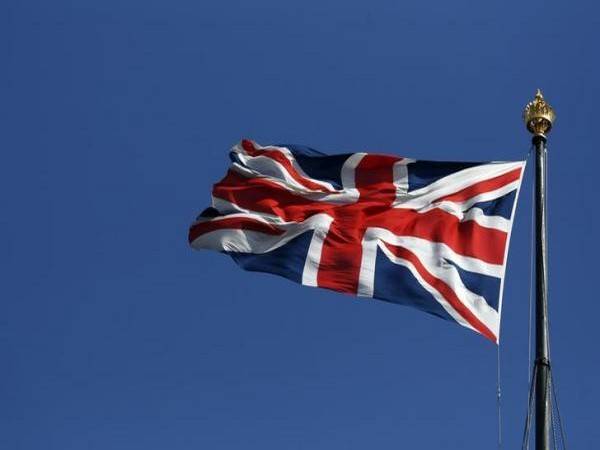The downbeat prediction comes as the global economy shows signs of recovery, with growth forecast to remain steady at 3.1% in 2024 before rising modestly to 3.2% in 2025…reports Asian Lite News
The UK’s “sluggish” growth prospects have put it on course to be the worst-performing economy of all advanced nations next year, according to new forecasts from the Organization for Economic Cooperation and Development.
UK gross domestic product is expected to grow 0.4% in 2024, the Paris-based think tank said Thursday in its latest global economic outlook. That figure is down from a previous prediction of 0.7% and less than all other G7 countries besides Germany, which is expected to be 0.2%.
The British economy is then forecast to expand by 1% in 2025, behind Canada, France, Germany, Japan and the US as the lingering effects of high interest rates and inflation continue to weigh.
The downbeat prediction comes as the global economy shows signs of recovery, with growth forecast to remain steady at 3.1% in 2024 before rising modestly to 3.2% in 2025.
“We start seeing some recovery in many parts of the world,” Alvaro Pereira, director of the OECD’s policy studies branch, said.
Growth among advanced nations next year is set to be led by North America, which Pereira said follows “strong growth” forecasts of 2.6% in the US in 2024. Growth in Europe, meanwhile, is expected to pick up next year after a sluggish 2024.
Among emerging economies, the OECD said there were also signs of strength. In China, where the economy has struggled in part due to a protracted downturn in the property market, growth projections were revised upward slightly from earlier forecasts, which Pereira said was due to “stronger performance than in the recent past.”
The OECD said the global outlook was an indication that central banks’ efforts to quell inflation were working.
“Monetary policy is doing what it should be doing,” Pereira said. “Real incomes are starting to recover. This will help consumption. We also think inflation is starting to come down.”
However, he added that questions remain over how robust the global recovery would be, particularly as central banks show signs of divergence on the future path of interest rates.
“The risk is obviously if inflation continues to be stickier than we expect, then obviously it’s possible that monetary policy will have to remain restrictive for a bit longer,” Pereira noted.
According to the OECD, headline inflation among its 38 member nations is expected to dip to 5% in 2024 from 6.9% in 2023, and then fall further to 3.4% in 2025. By the end of 2025, inflation is expected to return to targets of around 2% in most major economies, the OECD said.


